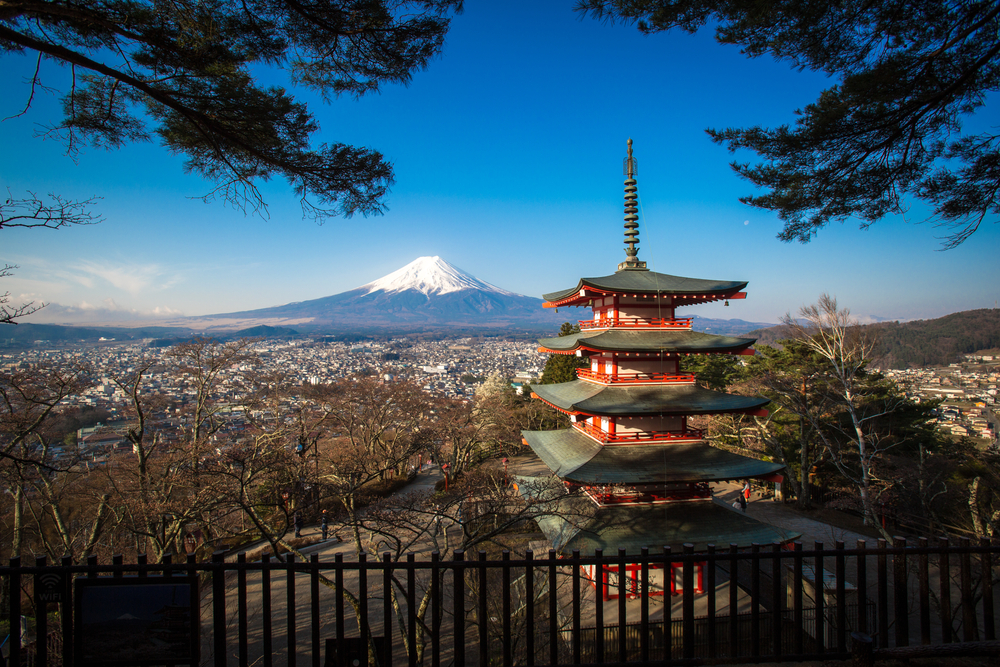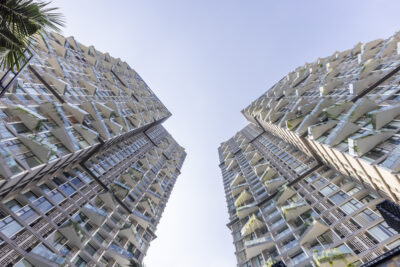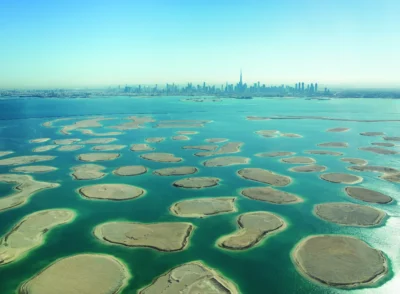Japan to ease border controls for students and businesspeople in March
Japan decided to enforce border protocols at the end of November last year
According to The Guardian, Japanese Prime Minister Fumio Kishida announced that the country will be reopening its borders incrementally and will be excluding tourists.
There will be an increase in daily arrivals from 3,500 to 5,000 and a reduction in quarantine from a week to three days for nonresident visitors with a negative test result and proof they have had a booster shot.
The Prime Minister stated that the country’s border control measures will remain the strictest among the G7 countries.
Kyodo News reported that to keep the highly transmissible Omicron variant at bay, Japan decided to enforce border protocols at the end of November last year. This caused an uproar among businesspeople, students, and the academe.
Exemptions were only granted to a small percentage of non-resident foreigners seeking entry into Japan. The regulations have been criticised by business circles for imposing economic costs that far outweigh the advantages. The World Health Organization has advised countries to relax or eliminate travel restrictions.
Compared to other countries that are gradually reopening their borders, this slow lifting of border control measures is a major shift for Japan, according to The Japan Times.
More: Australia reopens its borders on 21 February
With several countries in the Asia Pacific region starting to accept international travelers, Marcus Schuermann, CEO of the German Chamber of Commerce and Industry in Japan, says that Japan’s easing of entry restrictions is definitely appreciated, albeit dissatisfactory. He suggests the country raise the cap on entries to around 8,000 or 9,000 people a day, excluding tourists.
Christopher LaFleur, special adviser to the American Chamber of Commerce in Japan, on the other hand, welcomed Japan’s decision, saying that it would address the needs of businesses, foreign students, teachers, and separated families. He added, however, that “To make this decision meaningful, however, it is critical that the government greatly streamlines application and visa processing and procedures at ports of entry.”
The Property Report editors wrote this article. For more information, email: [email protected].
Recommended
Dewan Architects’ Mohammed Adib leads with human-centred design and technological innovation in the Middle East and beyond
Mohammed Adib channels his childhood curiosity and dislike for design uniformity into his work at Dewan Architects + Engineers
UAE real estate shifts focus to sustainability and quality, revitalising iconic projects
The UAE has risen from its challenges to emerge as a more sustainable, quality-focused destination
Exploring A Life By Design’s maximalist approach to interior design
Andrea Savage is embracing the maximalist trend with bold and vibrant interior designs
Jakarta’s emerging innovation hub integrates tech and healthcare sectors
The Digital Hub in BSD City is being positioned as Indonesia’s counterpart to Silicon Valley








